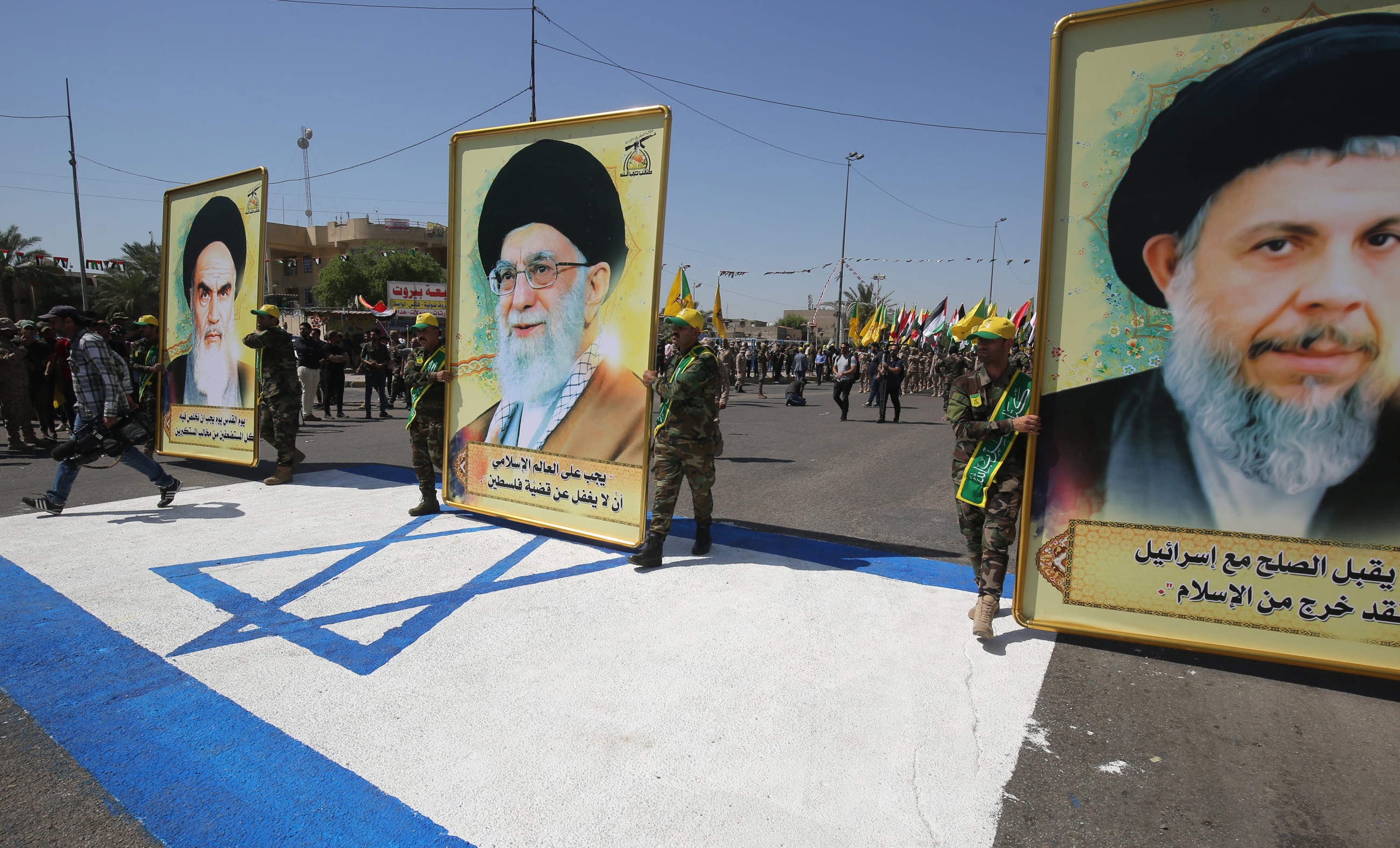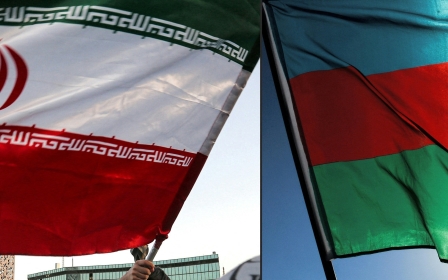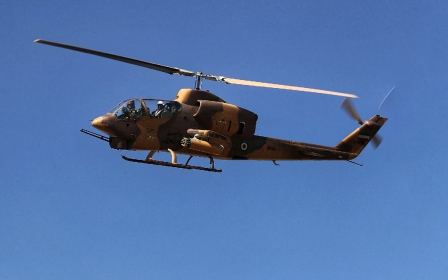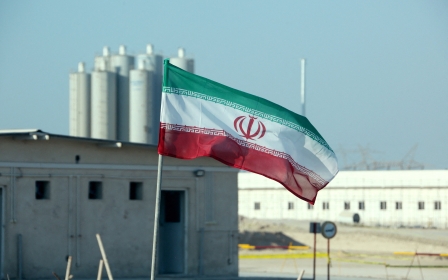Israel-Iran tensions: The Azeri-Russian 'assassin' behind latest spat

While much of the Middle East and the international community puzzles over Iran’s nuclear intentions, Israel is stepping up its campaign to bash the Islamic Republic.
Earlier this week, when it was revealed that a pistol-carrying Azeri-Russian had been arrested in Cyprus, Israeli Prime Minister Naftali Bennett quickly labelled him an assassin sent by Iran to kill Israelis on the island. Iran rushed to deny the accusation.
At first, before Bennett’s announcement, reports in Cyprus and Israel alleged that the plot was of a “criminal” nature, a “Russian mafia”-planned hit on Israeli billionaire Teddy Saguy, an Israeli resident of Cyprus who made his wealth in the gambling industry and has accumulated a fortune from real estate, including Camden Market in London.
Then along came the Israeli prime minister.
Bennett said Saguy was not the target at all, and that Iran was instead behind the plot.
The frenzied Israeli media began a guessing game: who could have been the target? The overall assumption was that the target(s) would have been other Israelis with a security background, if indeed the suspect was sent by Iranian intelligence.
In the past decade, hundreds of Israelis, many of them senior graduates of the Israeli intelligence community and military, have set up shop in Cyprus. They have registered their firms on the island for tax reasons, but also to boost military and security export deals with the Arab world, especially with Saudi Arabia, the United Arab Emirates, Qatar and Bahrain. Their deals are mostly approved by the Israeli defence ministry. Mossad sometimes even encourages such business.
Israel has 'the upper hand'
Occasionally, however, Israelis use Cyprus as a base to sell their know-how and equipment in an attempt to hide deals from Israeli authorities.
Israeli security officials told Middle East Eye that the incident in Cyprus fits into the Iranian modus operandi. Iran’s Ministry of Intelligence and the Quds Force of the Revolutionary Guard have for two decades been collecting information on potential Israeli targets abroad, be they embassies, companies or individuals, they said. The accumulated data is stored in Iran’s files, and when the time comes it is used to carry out operations against the targets, the officials said.
In this way, Iranian agents have carried out assassinations and uncovered Israeli targets in Azerbaijan, Thailand, Cyprus, India, Georgia and South American countries in recent years, though in most cases the Iranian attempts have failed, the sources said.
Another important and typical Iranian tactic is to use non-Iranian Shia proxies and mercenaries to create a wall between Iran and the operation, one that is supposed to leave no Iranian fingerprints. This latest incident in Cyprus fits that pattern, they say.
“The Iranians are cautious and try to hide their involvement,” said one Israeli source. “But our intelligence so far has the upper hand in exposing and unmasking the Iranians' plans.”
The Iranian drive is rooted in Tehran's desire to avenge the killing of Iranian scientists at the hands of Mossad
It is important to note that the Iranian drive is rooted in Tehran's desire to avenge the killing of Iranian scientists at the hands of Mossad operatives - the most recent victim was Iran’s chief nuclear scientist, Dr Mohsen Fakhrizadeh.
Iran also wants to continue retaliating against Israeli cyber-attacks on its nuclear and maritime computers, and avenge the sabotage campaign Israel is waging on Iranian tankers carrying oil to Syria.
The clandestine war between Israel and Iran is all systems go, on all fronts: in the air and on the ground in Syria, Iraq and Lebanon, in cyber space and in the Red and Mediterranean seas.
In recent weeks, Bennett and his defence minister Benny Gantz, who are political and personal rivals, publicly named Iranian commanders and revealed details of Iranian drone capabilities in the region.
Priority to 'limit Iran's nuclear capability'
Nevertheless, some Israeli military and security officials are displeased with their rhetoric, accusing Bennett and Gantz of repeating the language of former Israeli Prime Minister Benjamin Netanyahu, who used attacks on Iran to gain political clout and mobilise his base. These officials would prefer Israel to lower its profile and stop the blabbing. Israel’s “in your face” attitude only provokes Iran, they say, hardening its position and goading it to retaliate.
Dissenting voices in the Israeli political and military establishment believe that Bennett must instead prioritise limiting Iran’s nuclear capability.
This week, Israeli security officials, led by Bennett’s national security adviser Dr Eyal Hulata, conducted intense talks with their US counterparts. They tried to persuade the Americans that Iran is further enhancing its nuclear programme, and that further crippling economic sanctions are the only remedy.
Israeli officials feel that any chance of a return to the 2015 nuclear deal, which the Trump administration abandoned in 2018, has now passed. They are pushing for the US to impose new sanctions, and implement the old ones against the companies owned and run by the Revolutionary Guard, which controls a powerful industrial empire in Iran. Then, and only then, they say, could a new nuclear deal be drafted.
For now, however, the Israeli proposal seems to have fallen on deaf ears.
Middle East Eye delivers independent and unrivalled coverage and analysis of the Middle East, North Africa and beyond. To learn more about republishing this content and the associated fees, please fill out this form. More about MEE can be found here.





